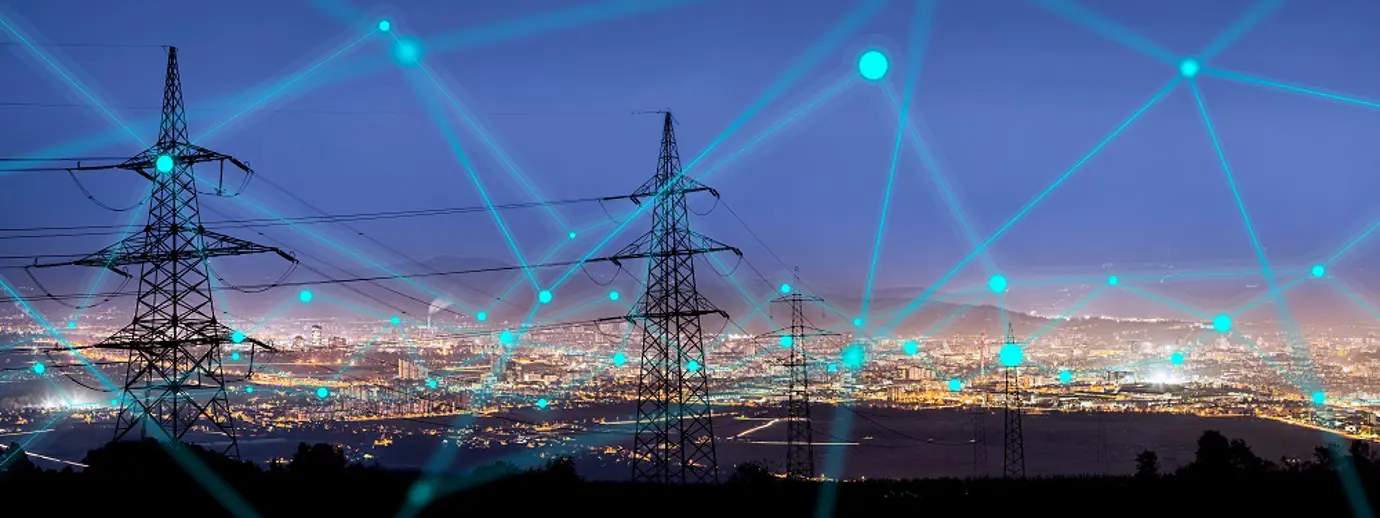The National Energy System Operator’s (NESO) launch is finally here. This is a much-awaited day for the energy industry, establishing a new independent organisation responsible for planning Britain’s entire energy system and accelerating the Government’s mission to transform the country into a clean energy superpower with a decarbonised power system by 2030 and cheaper bills for consumers.
The launch of NESO means Britain can be more strategic and connected with its energy plans and provides a real opportunity for the energy system to become greener, smarter, and fairer. However, to really capitalise on this, we need to understand the opportunities to work together across the sector to reduce carbon emissions and energy bills.
Smart meter data is crucial to clean power by 2030
NESO is tasked with providing practical advice on achieving clean power by 2030 through a range of pathways.
One crucial aspect that I believe Britain needs to embrace to decarbonise the grid is to unlock the power of data to innovate the energy system – for energy system players and consumers alike.
For system players, data is essential for flexibility. One of the ways that we continue to ensure Britain has the energy it needs to thrive is by being smarter in our energy use. As demand on the grid is forecast to increase, and more renewable energy sources come online, enabling grid flexibility will be vital.
A Cornwall Insights Paper, “The power of flex: Rewarding smarter energy usage”, highlighted that without household flexibility, Britain would need to build the equivalent of four new gas-fired power stations in 2030 to meet peak demand, at a cost of more than £2.5bn, alongside the associated carbon emissions.
Smart meter data and the nationwide network operated by the Data Communications Company (DCC) can play an integral role in helping balance the grid and maintaining its stability and flexibility.
It can provide NESO, energy suppliers and the networks with greater visibility of energy consumption, facilitating more precise and timely planning.
Enabling consumer-led flexibility
For consumers, smart meter data allows them to monitor, moderate and manage energy usage, enabling greater flexibility and facilitating behavioural changes which can save on bills and reduce emissions. Over the past year the over 32 million smart meters connected to the network operated by the DCC helped prevent the release of approximately 1.2 million tonnes of CO2. That is the equivalent of decarbonising the gas and electricity of over 175,000 typical British homes, or the entire city of York.
In addition, smart meters and the network operated by the DCC have been enabling the Demand Flexibility Service (DFS), which incentivises consumers to shift energy usage outside peak times.
Last winter’s DFS saw nearly 2.6 million households signed up to participate – one million more than the previous year.
This enabled smart meter users to help Britain save a total of 3.7GW, enough electricity to power 12 million homes for an hour.
How much more energy could be saved when DFS, or similar flexibility services, are available to all consumers on an ongoing basis?
Collaboration for decarbonisation
Achieving clean power by 2030 in the current context will require more than supply side investment alone. As demand rises with the growing electrification of our transport and heating, a more flexible and smarter energy system will be needed as we transition to renewable energy sources, which the DCC and the smart meter network can support.
As previously mentioned, the national smart metering network is already being used to enable consumers to use energy at times when it is cheapest and most abundant. We are also working with partners across the industry to use smart meter data to address other issues such as identifying areas with energy inefficient homes and households at risk of fuel poverty.
The DCC has the capabilities to help support NESO in its important work through the national smart metering network and data.

Jinmi Macaulay
Director of External Communications



